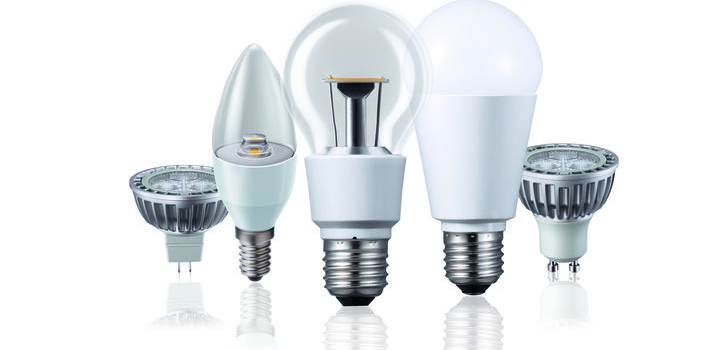
LED bulbs and energy cost
LED bulbs are one of the easiest ways to save on your energy bills – take a look at our GU10 halogen vs LED comparison to see just how much you can save. Obviously these are not the cheapest types of lights you can buy, so we want to ensure you get the right type of bulbs when you order them and that you continue to get the maximum benefit when you use them.
The section below describe briefly the different types of bulb with pictures to help you identify the correct ones for your light units.
Spotlight LED Bulbs
On the whole spotlights come in two varieties – GU10 and MR16.
This type of bulb tends to fit flush with the ceiling and they are commonly found in kitchens and living rooms. These spotlights tend to be comprised of multiple fittings embedded within the ceiling. The way to tell the two apart is by looking at the base of the bulb. The diagram below shows the different fittings in a cross section diagram.
Provided you purchase dimmable GU10 and MR16 LEDs, they will work with dimmer switches, however traditional incandescent spotlights tend to be installed with a leading edge resistive dimmers (in the case of the GU10 bulb). Ideally these dimmers should be changed over to trailing edge dimmers – the GU10 LEDs will still operate with a leading edge dimmer, although the bulbs will not last as long.
The GU10 will screw into place, while the MR16 will need to be pulled to remove them from the socket, and pushed back in to fit them.
Bayonet LED bulbs
The bayonet fitting is another common lighting fitting found within the home and these come in two different sizes – the B15 (small bayont) and the B22 (large bayonet). The B15 is 15mm in diameter, while the B22 is 22mm in diameter.
These bulbs fit into many types of ceiling lights from a basic fitting to a hanging chandelier, therefore they are commonly found in living rooms and bedrooms. The sketch below shows the bottom of the fitting.
Screw-in LED bulbs
The third type of fitting is the screw-in bulb which is commonly found in living rooms, dining rooms and the bedrooms.
There are two types of screw-in LED fitting – E27 (large screw) and E14 (thin screw). The numbers 27 & 14 correspond to the diameter of the light fitting in millimetres. The diagram below illustrates what they look like:
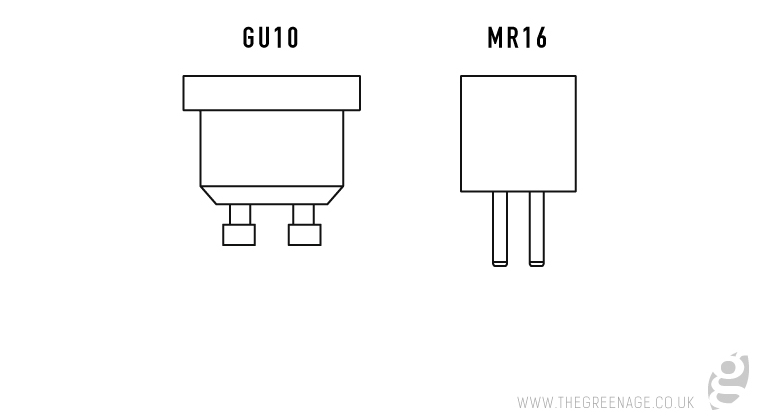

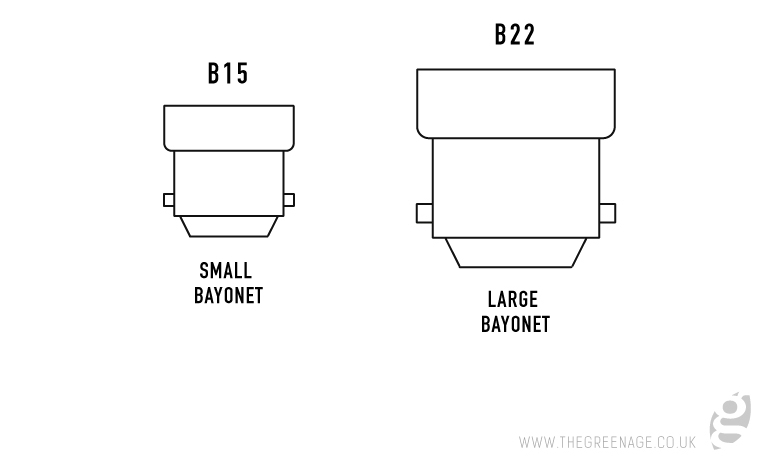
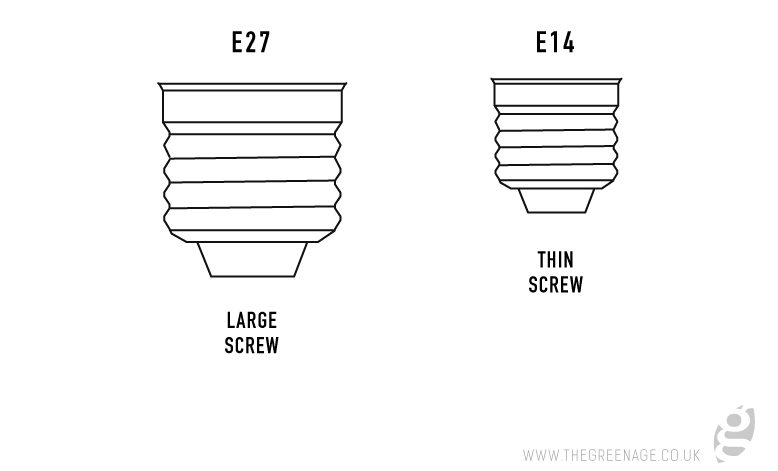



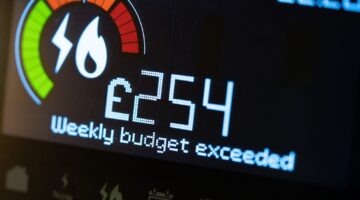
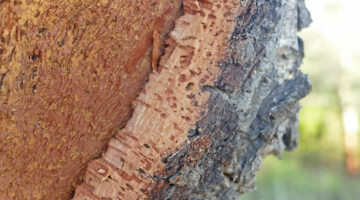







Would be better in width measurements rather than diameter